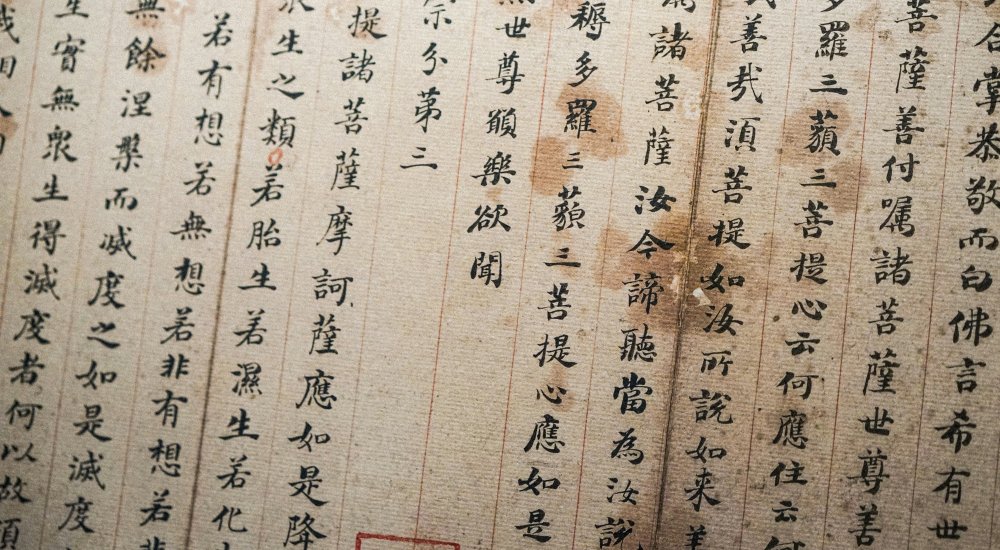MPIWG Postdoctoral Scholar in Department "Artifacts, Action, Knowledge" (Starting March 2026)

Deadline: October 15, 2025
Department/Research Group: Dept. AAK
The Max Planck Institute for the History of Science (MPIWG) is an internationally respected research institute of the Max Planck Society (MPG) with currently two research departments, several research groups, and a graduate school. At the MPIWG, around 150 scholars from all over the world investigate the sciences past and present, working together on a collective, collaborative, and transdisciplinary basis. The MPIWG is renowned worldwide as a hub for reflection on the role of the sciences in politics and society. It is located in southwestern Berlin, close to the campus of the Free University Berlin and other research institutions.
Department III “Artifacts, Action, Knowledge” led by Dagmar Schäfer seeks to appoint One Postdoctoral Scholar (m/f/d)
– for 12 months, with employment contract, TVöD-Bund pay scales (E13) – Starting on March 1, 2026.
Department “Artifacts, Action, Knowledge” studies the history of knowledge and action considering the changing role of artifacts: texts, objects, and spaces. Our research collectively examines the processes and structures by which people grappled with the materiality of existence. Through the analysis of everyday actions, we interrogate the boundaries and intersections between the inner workings of objects and all domains of life. Together these approaches allow us to pursue inquiries into historical epistemologies of action. For more detailed information, please visit the department website.
This position is associated with the UTMOST project (Uncovering Traces of Ming Occupations with Sociological Theory). Each scholar in the project selects one non-elite Ming line of work (e.g., fisherman, midwife, fortune-teller, doorman, jailor) to research in sources of various kinds, analyzing them within the framework of the Chicago-school sociology of work available open-access in The Social Drama of Daily Work: A Manual for Historians. The successful applicant will conduct their own research within these guidelines, with the goal of producing an article or book chapter on a topic of their choice. The project leaders will endeavour to support the candidate with this piece of work, so that it can be included in the planned volume that will be published at the earliest in 2027. They will also assist in administering the project and should consult with the project leaders—Sarah Schneewind, Anne Gerritsen, and Zhang Ying—to avoid duplicating the occupations already selected by the 24 participants.
Your responsibilities
- Conduct an independent research project within the UTMOST project
- Support the UTMOST project in organizing workshops and conferences
- Contribute to the working group research programs
- Engage actively in the research pursuits of the Institute, participate in departmental activities, and deliver presentations on your own research findings.
Your profile
- Hold a Ph.D. degree at the commencement of employment.
- Demonstrate proficiency in Classical Chinese, with English being the primary working language of the Institute.
What we offer
- flexible working hours; the opportunity to work from home as arranged with your superior; the opportunity to work part-time
- annual year-end bonus; occupational pension (VBL); subsidy for public transportation within Berlin or Germany (“Jobticket”); paid leave on Christmas Eve (December 24) and New Year’s Eve (December 31) in addition to regular annual leave
- weekly in-house yoga classes; regular information on occupational health management courses offered by our partner health insurance companies
- access to the wide range of training courses offered by the MPG’s Planck Academy
- close contact with all research and research-support units with the opportunity for direct, personal dialogue
- an international setting with staff and guests from more than forty countries
The Max Planck Society is an equal opportunity employer that strives to foster an inclusive workplace. As an institute of the MPG, the Max Planck Institute for the History of Science supports a working community for all free from discrimination and harassment. We explicitly encourage applications from qualified individuals who belong to groups that are often underrepresented in the workplace due to age, disability, ethnicity, family status, gender, nationality, race, sex, sexual orientation, socioeconomic background, or religion.
Please follow the links to find out more about the MPIWG’s policies on gender equality and hiring practices for people with disabilities, as well as Germany’s anti-discrimination laws as outlined in the General Equal Treatment Act.
Your application
Please submit your application with complete documents, preferably without a photograph, through our application portal.
https://recruitment.mpiwg-berlin.mpg.de/position/31555592
To apply, please submit the following documents:
- Cover Letter;
- Curriculum vitae; including publication list;
- Research prospectus in which you outline your planned contribution to the research theme (maximum 1,500 words);
- An English writing sample communicating your own research to academics or the general public. Preferably a published piece.
- Contact information of two referees.
Applications must be received by October 15, 2025 (23:59 CET).
Applications will be reviewed by early November and short-listed candidates will be interviewed by late November or early December. Only successful candidates will be notified.
Please note that we can only accept electronic applications submitted through the portal.
Inquiries
For questions about the UTMOST project, please contact Prof. Sarah Schneewind, sschneewind@ucsd.edu. For questions about the application process, contact Dr. Rand El Zein (schaeferoffice@mpiwg-berlin.mpg.de).
Address
Max-Planck-Institut für Wissenschaftsgeschichte, Boltzmannstraße 22, 14195 Berlin, Germany
